Small shared drinking water suppliers - do you understand the changes?
Topics covered in this article: Business Owners, Farming & Horticulture, RMA, RMA & Local Government
Special Counsel
Phone: +64 7 927 0522
Email: rzame@clmlaw.co.nz
Bachelor of Laws, Bachelor of Science, University of Otago
People responsible for supplying drinking water to more than one household need to be aware of new obligations to provide safe drinking water.
While the debate rages on about 3 Waters Reform; small, rural and community drinking water suppliers may not be aware that they could be considered a “supplier” under the new Water Services Act 2021 (Water Services Act), which came into force on 15 November 2021.
A new entity, Taumata Arowai, now has responsibility as the new water services regulator, for the regulation of drinking water in New Zealand.
Existing drinking water suppliers which are not currently registered with the Ministry of Health are referred to as ‘unregistered supplies’. They have 4 years (until 15 November 2025) to register their supply with Taumata Arowai.
They have a further 3 years (until 15 November 2028) to provide a Drinking Water Safety Plan or comply with what is called a ‘Drinking Water Acceptable Solution’. The purpose of ‘Acceptable Solutions’ is to provide drinking water supplies with a ‘ready-made’ option to meet compliance obligations.
Taumata Arowai has released three working drafts of Acceptable Solutions for the following situations:
- Roof Water Supplies;
- Spring and Bore Water Supplies; and
- Rural Agricultural Water Supplies.
Feedback on the Acceptable Solutions is open until 28 March 2022. Copies of the working drafts can be found here:
https://www.taumataarowai.govt.nz/for-water-suppliers/new-compliance-rules-and-standards-2/
In the interim, unregistered supplies must comply with the general requirement to ensure that drinking water supplied by them is safe; and undertake the actions stipulated by the Water Services Act if there is a reasonable likelihood that the supplier’s drinking water is, or may be, unsafe. They must also comply with any directions or compliance orders issued in relation to their drinking water. If they fail to comply, they will be liable for an offence under the Act.
If you need help understanding what these changes could mean for you or preparing a submission on the working drafts, please contact our Resource Management team.
Updated: 16th March 2022





